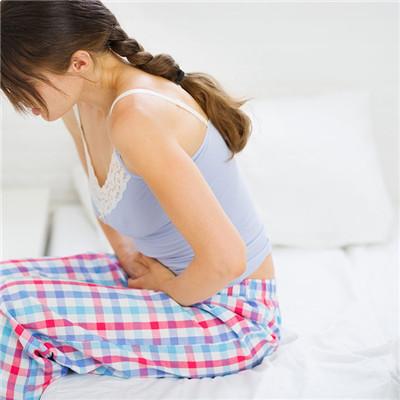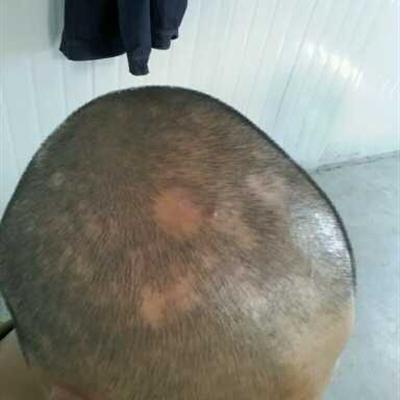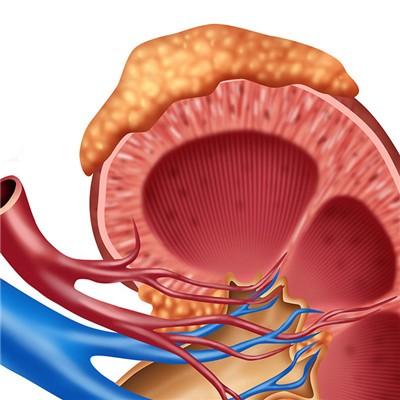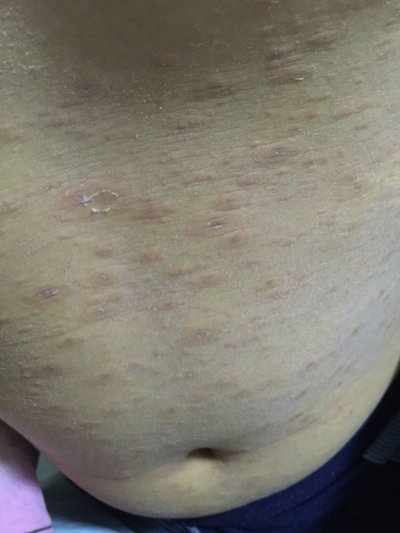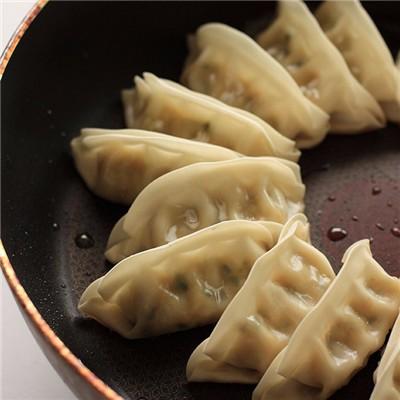Symptoms of gastrointestinal cold in children
summary
We all know the symptoms of children's common cold, such as runny nose, sneezing, fever and so on. But for gastrointestinal cold, many parents may be confused and have no clear understanding. Gastrointestinal cold is also a common problem for children, because of poor gastrointestinal peristalsis function, or parents' poor care for children and irregular diet, It will lead to children's gastrointestinal cold, symptoms of children's gastrointestinal cold, let me tell you.
Symptoms of gastrointestinal cold in children
Maybe everyone is very vague about the gastrointestinal cold. In fact, the so-called pediatric gastrointestinal cold refers to the cause of gastrointestinal discomfort, and the cause of pediatric gastrointestinal discomfort: due to the poor gastrointestinal function of children or the excessive hunger and satiety in their diet, once they feel cold, they are particularly easy to store food and cause gastrointestinal reactions.

Children with gastrointestinal cold will appear abdominal flatulence, loss of appetite and other symptoms, some children may also be able to smell a sour smell in the mouth, serious vomiting sour indigestible food. At the same time, the child's stool also has acid odor, accompanied by abdominal pain, diarrhea, dry stool, no defecation for many days, yellow urine, yellow and thick tongue coating and other symptoms.
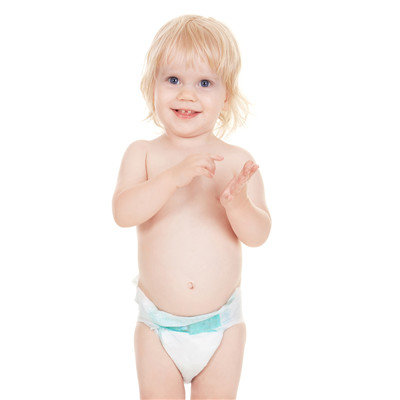
Gastrointestinal cold treatment time is longer than the common cold, about 7-10 days, will gradually recover, if after 10 days, the above symptoms persist, or further sub change, you need to consider the possibility of merger with other diseases, need to go to the hospital for further examination.
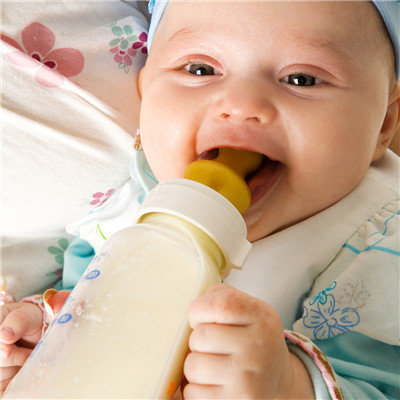
matters needing attention
After the onset of the disease should go to the hospital for blood and fecal examination, if necessary, but also for liver function and other related tests, in order to exclude the pathological changes caused by other bacteria, such as enteritis, bacillary dysentery, infectious hepatitis, etc; To pay attention to the patient's diet conditioning, should be a small number of meals to eat some light, easy to digest food, avoid eating greasy and stimulating food; We should pay attention to supplement water, because patients with multiple diarrhea, the body will lose more water and "electrolyte", so we should encourage patients to drink a small amount of water for many times, it is better to drink less greasy and salty vegetable soup
